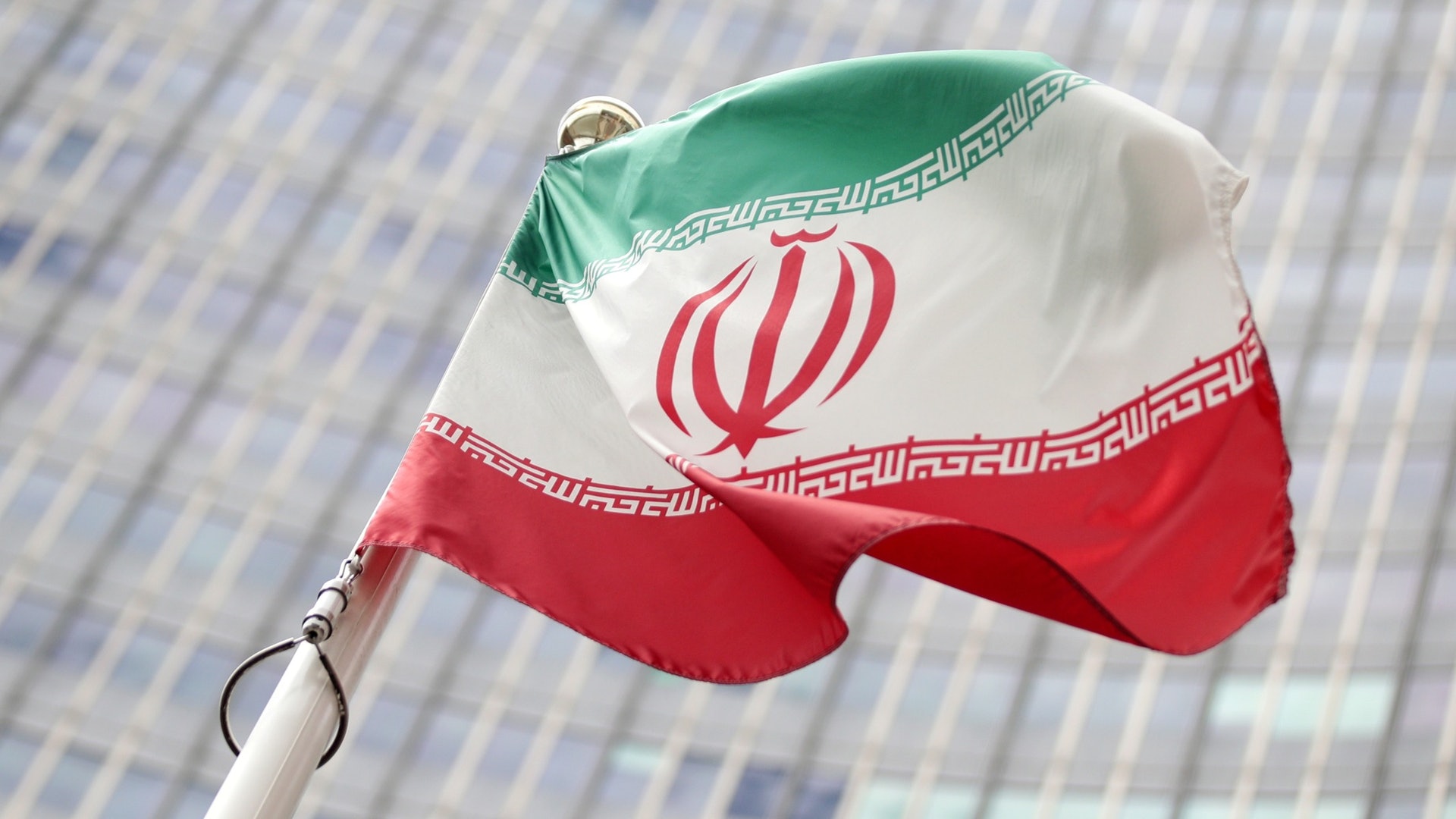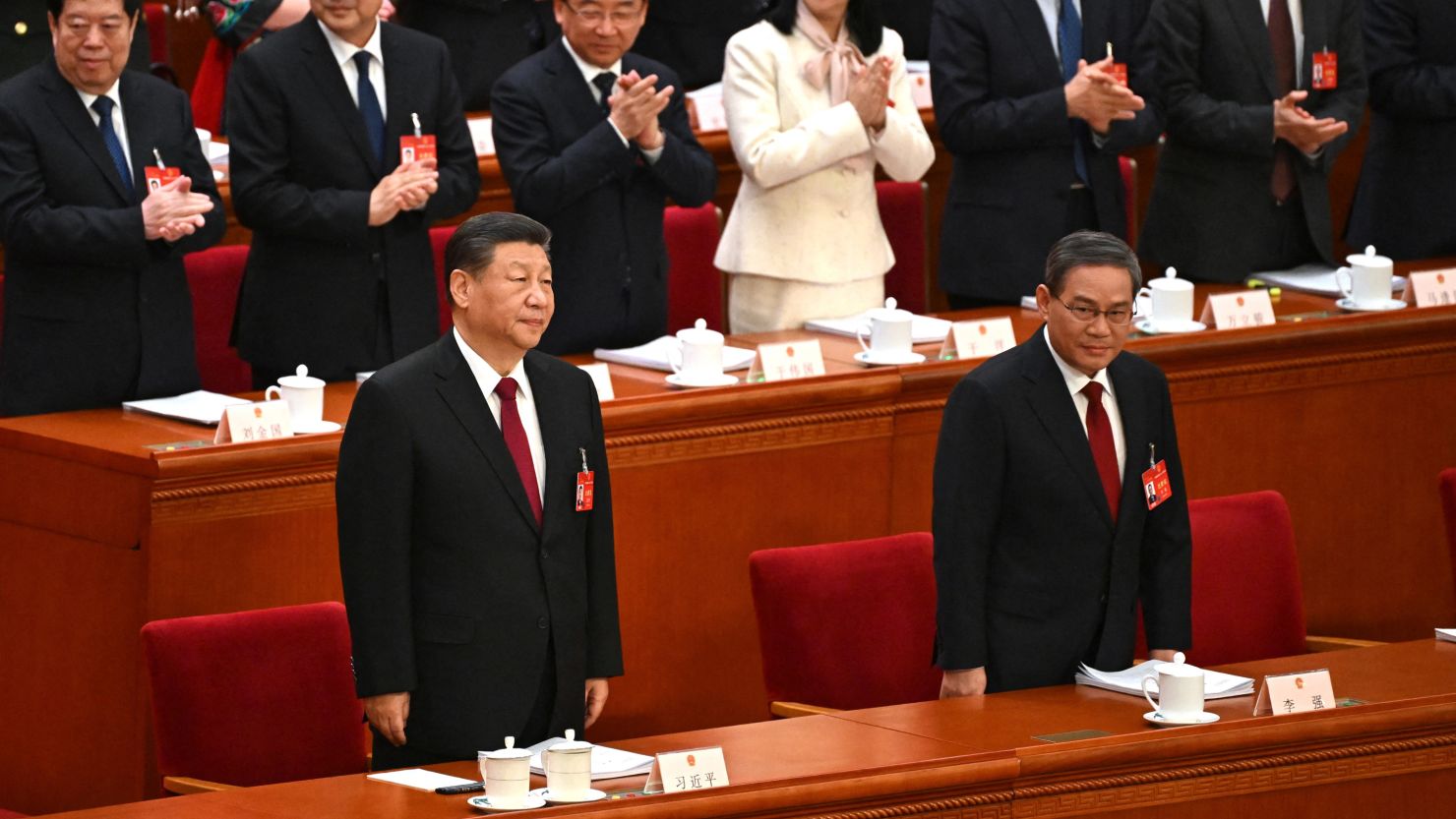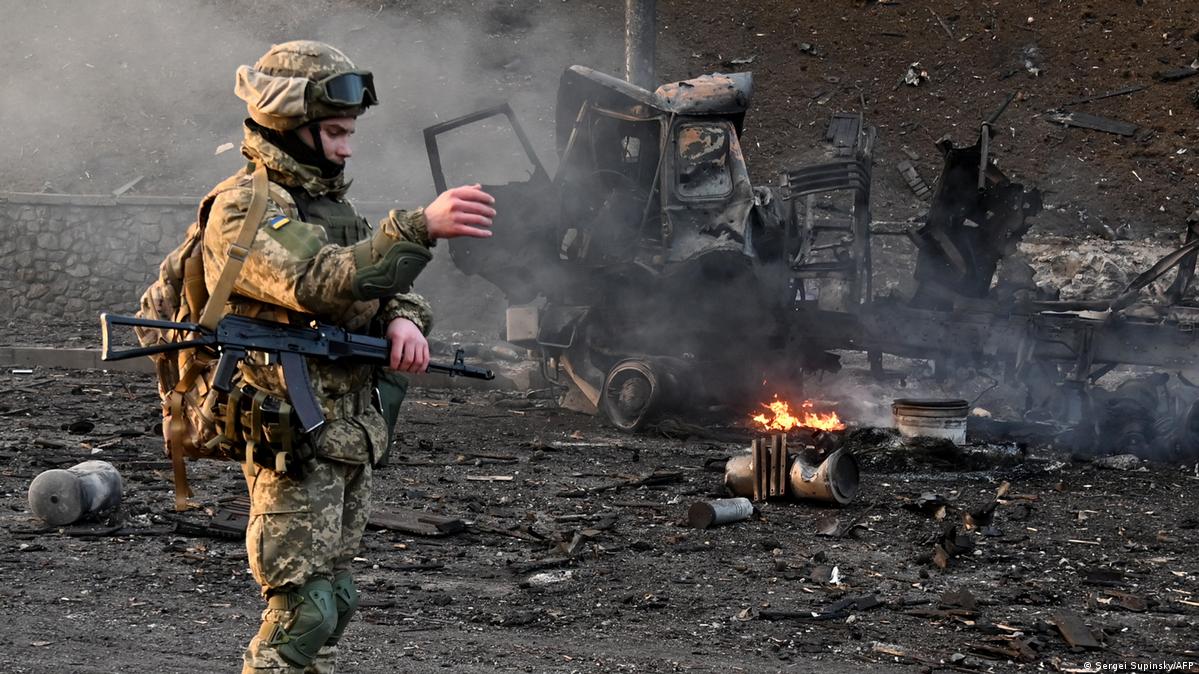The Financial Times quoted the Russian Foreign Ministry on Thursday (July 18) as saying that Russia is interested in joining the “Indonesia Supporting Tools” (INSTEX) established by the three countries of Britain, France and Germany to bypass US sanctions and Iranian trade, and called for Extend INSTEX, which was originally limited to the trade in humanitarian support, to crude oil.
In conjunction with EU foreign policy director Federica Mogherini on Monday (July 15), after the EU foreign ministers meeting, “non-EU member states are likely to join” and “stakeholders are discussing whether it should be extended to oil trade” It is clear that Russia’s participation in INSTEX seems to be gaining momentum.
If this happens, the Iranian nuclear agreement “rescue” can be considered to be a multiple of the level.
How to bypass US sanctions?
First of all, INSTEX’s intention is to allow Iran to trade abroad without having to settle through the international banking system, so it is more likely to avoid US sanctions against Iraq.
The structure of these operations is that, in addition to the special payment channels for INSTEX established in European countries, Iran also has to establish a similar institution as an INSTEX image – and Iran established the relevant institutions in April as “STFI” or “SATMA”.
The actual operation can be illustrated by the following example: When European companies want to buy Iranian pistachios, INSTEX will look for another European company B that wants to export machinery and equipment to Iran, and then make the two together, when A receives Iran’s happiness. When Guo and B transported their mechanical equipment to Iran, A deposited the money used to purchase the pistachio into the account of B as the income from the sale of machinery and equipment.
At the same time, Iran’s STFI also made a mirror-like operation, arranging Iranian pistachio exporters and machinery importers, who used the purchase of machinery as the former to sell pistachio proceeds.
In this way, Iran and foreign countries can conduct similar “bartering” transactions without having to go through the international banking system.
Major flaws in INSTEX
Although the EU has announced that INSTEX is officially operational on June 28, Iran is dissatisfied with its size. The reason for this is the flaw in the design of INSTEX – the value of Iran’s export goods must be equal to the value of the imported goods in order to make INSTEX work smoothly. For example, when the amount of European pistachio importers needs to pay far less than the selling price required by European machinery exporters, the transaction is simply difficult to operate.
Since Iran’s exports have always been dominated by crude oil – according to 2017 figures, crude oil exports account for 72% of its total exports – if crude oil exports are not included in the scope of INSTEX, the INSTEX mechanism is almost useless.
The problem is that if Iran wants to export crude oil directly to the EU, even if it does not have to be settled through the international banking system, the latter can import large crude oil companies without the risk of US long-armed sanctions. Therefore, if only European countries participate in INSTEX, even if the trading scope is extended to crude oil, the effect is not optimistic.
Why is Russia a savior?
At this time, the role of Russia is extremely important. According to the figures for 2018, the EU’s 28 countries import nearly 3 million barrels of crude oil per day from Russia, which is higher than Iran’s total crude oil exports before the United States re-applied sanctions in 2017. If Russia joins INSTEX, a Russian company that is not afraid of the US long-armed sanctions, it can import crude oil from Iran, increase the value of Iranian exports on the INSTEX books, and then export the same amount of Russian crude oil to the EU countries.
Under such an operation, although Iranian crude oil has not been exported to EU countries and EU companies have bought Russian crude oil, the transfer of Russia in the middle is actually the same as Iranian oil exports to the EU.
When the value of Iranian exports on the INSTEX books rises, Iran’s ability to import goods will increase. In this way, INSTEX can really work effectively.
Although the complexity of these transactions, coupled with the risk of transporting Iranian oil, will increase its transaction costs and reduce the price of Iranian crude oil in disguise, but the large-scale implementation of such an arrangement will greatly weaken the impact of US sanctions on the Iranian economy.
Moreover, given that Russia is also a major crude oil exporter to China, the same operation can be replicated on the Sino-Russian crude oil trade.
European international companies are subject to their participation in the US market, and may not even venture to use INSTEX to trade with Iran. However, European companies that do not have business in the United States do not have to worry about it, so they can increase the space for trade with Iraq and gradually move back to the US unilaterally exiting the nuclear agreement.
It can be seen that if Russia can really join INSTEX, the signatories of the Iranian nuclear agreement will be more hopeful to fulfill its economic commitment to Iran, and thus more able to recover the dying nuclear agreement. Russia’s move is undoubtedly a savior of the nuclear agreement.











